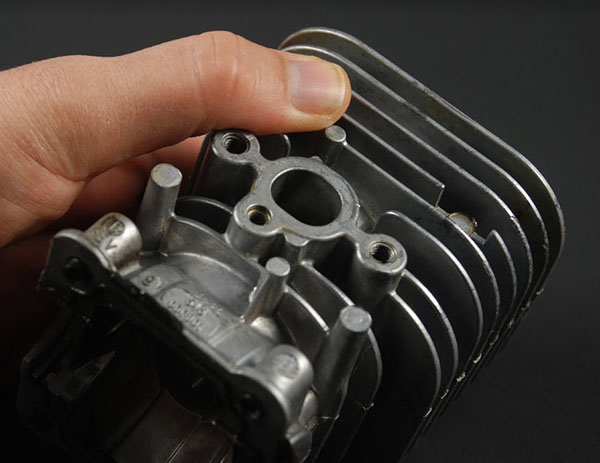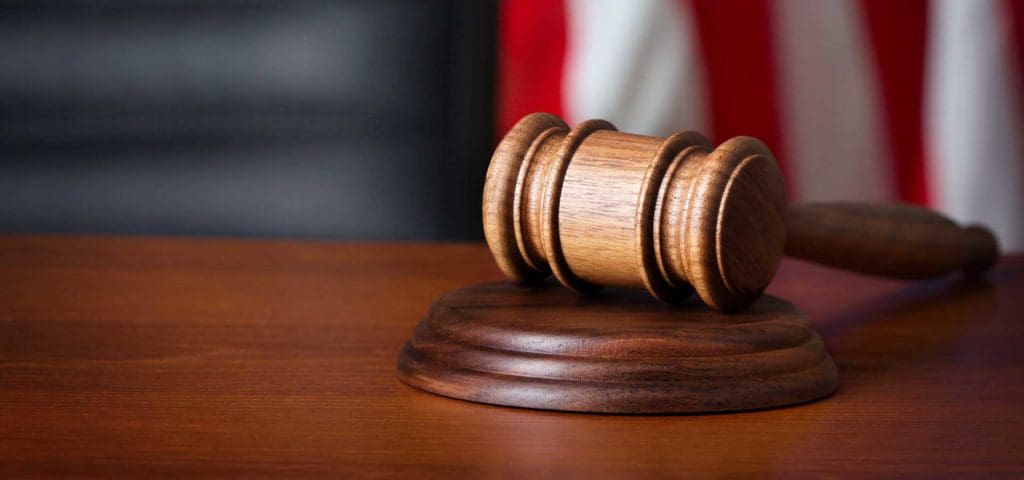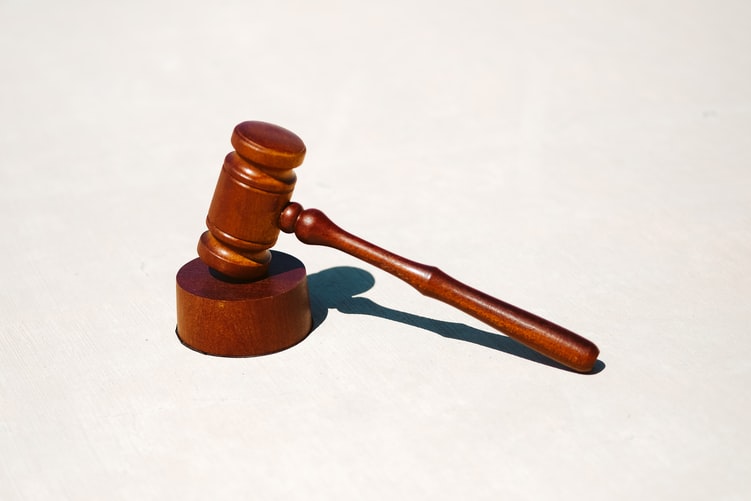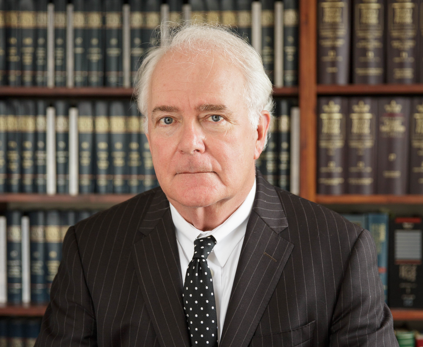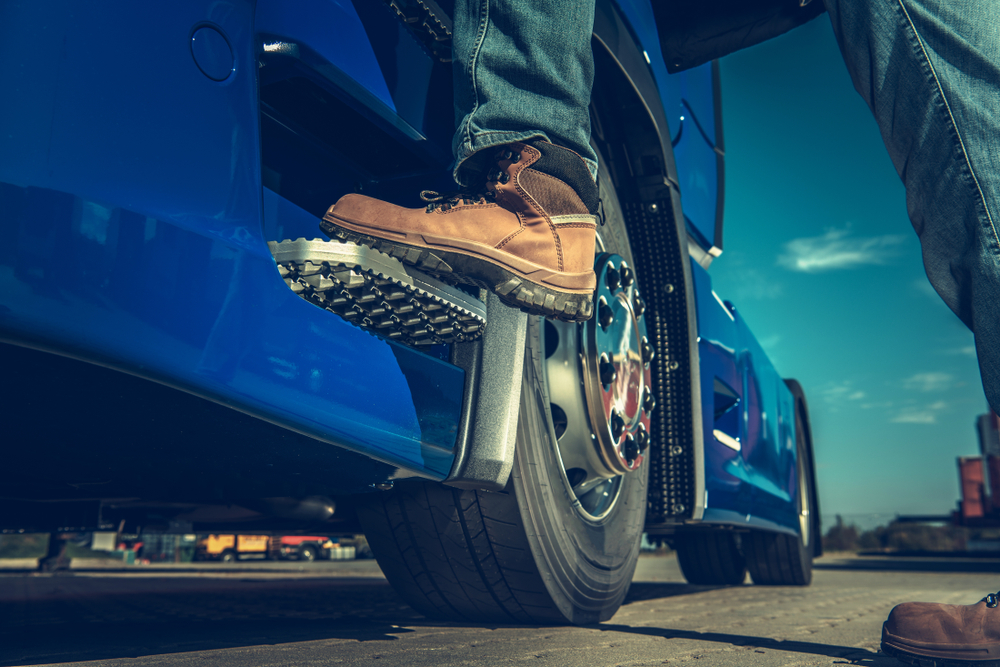Taking your car to a mechanic costs time and money. We know that you expect the auto shop to fix your vehicle correctly. But if that doesn’t happen, you may be able to sue the mechanics if they did not act reasonably. That is because mechanics who commit to working on your motor vehicle have a responsibility to do the work right. When that does not happen, a court may say they are negligent.
What Is Negligence?
Negligence that gives rises to a claim generally happens when these three things occur:
- Someone has a duty to act with care in doing something;
- They breach their duty by not using the level of care ordinarily expected; and
- They cause harm because they did not do what they were supposed to.
In the case of mechanics, they assume a duty of care by agreeing to repair your vehicle. A mechanic has a duty to use the same level of skill as a reasonable mechanic would under the same or similar circumstances.
An example may help explain this concept. Let’s say you need your brakes fixed on your truck. You hire mechanics who say they’ll fix the breaks. The auto shop calls and says they repaired your vehicle. So you pay the mechanics and pick up your truck. But, what you didn’t know is that the mechanic failed to install the brakes properly. When driving home, your truck does not stop when you press the breaks, the vehicle is damaged.
In this example, the mechanic negligently caused the damage to your truck. Applying the elements here, we see as follows:
- The mechanics had a duty to fix your truck;
- The auto shop may not have used or ordinary care in servicing your truck; and
- The inadequately repaired breaks directly caused the damage.
The factors of duty, level of care, and damage all must be considered when determining if you have a winnable case.
How Can an Atlanta Accident Attorney Help When a Mechanic Is Negligent?
There are many factors that may affect whether a mechanic is negligent. An attorney is the best person to evaluate those factors. It is crucial to get a lawyer or law firm that understands liability relating to auto shops and can fight for you. An experienced negligence attorney will analyze your case, which may include the following:
- Review all of the facts, consider the laws, and discuss your options with you;
- Help you gather necessary evidence including records, photographs, and expert opinions if necessary;
- Be sure to follow all the rules and file paperwork needed for court on time; and
- Negotiate and sometimes settle your claim without going to court.
An experienced catastrophic injury attorney can help ensure that you place your mechanic negligence claim in the strongest position possible under the circumstances.
Steps to Take If You Think a Mechanic or Auto Shop Is Negligent in Georgia
A lot of times a driver won’t realize that the mechanic failed to do their job until it is too late. But, if you do think the car or truck is unsafe, then do not drive the car. Have it towed to another mechanic to double check the work.
If you find yourself in the position where you had an accident and you think it was due to faulty repair, here are the eight steps we recommend that you take:
- Check on the folks at the scene of the accident and ensure everyone is safe;
- Call the police and report the accident;
- Seek medical attention if needed;
- Call you insurance company and report the accident;
- Contact a lawyer experienced in cases regarding auto shops and mechanics as soon as possible;
- Keep all bills, receipts, and estimates of the work the mechanic did or claimed to do;
- Do not agree to anything directly with the mechanic or anyone else at the auto shop; and
- Do not give any statement to the mechanic or their representatives.
Your attorney will represent you and take the lead in negotiating your case.
How Can Weatherby Law Firm, P.C. Help You?
At Weatherby Law Firm, P.C., we make lives better for folks in the fields of catastrophic injury, truck accidents, class actions, and professional malpractice throughout the state of Georgia. We represent both injured folks and reputable businesses. Because of our experience, we know how to help you. We’d welcome the opportunity to speak with you today. Contact us now.

